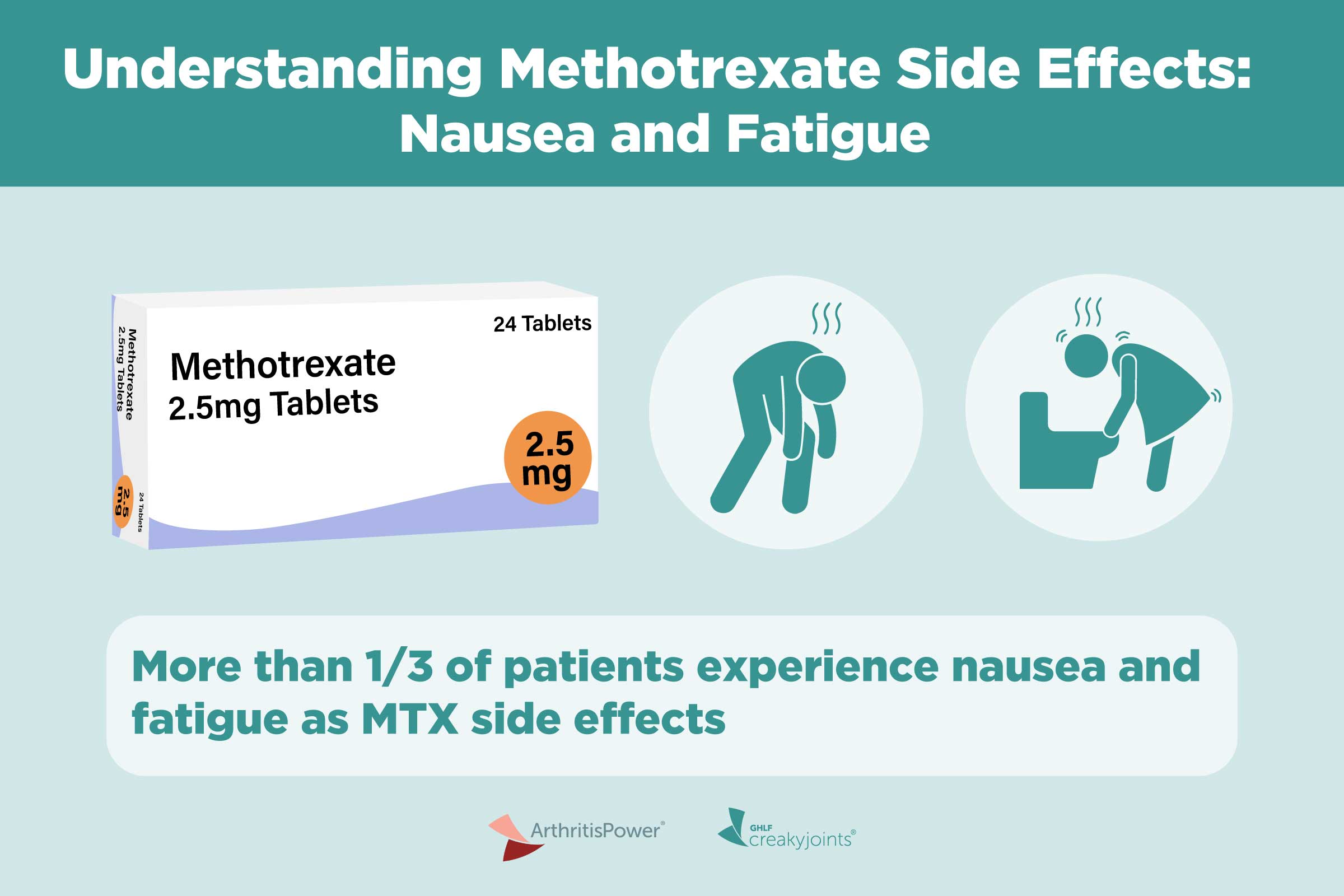Benefits of Low-Dose Methotrexate
Methotrexate is a medication that has been used for several decades to treat a variety of medical conditions. In recent years, low-dose methotrexate has gained attention for its numerous benefits in the management of certain diseases. In this article, we will explore the benefits of low-dose methotrexate and its role in improving patient outcomes.
Rheumatoid Arthritis
Low-dose methotrexate has been widely used as a first-line treatment for rheumatoid arthritis (RA). RA is a chronic autoimmune disease that primarily affects the joints, causing pain, swelling, and stiffness. By suppressing the immune system and reducing inflammation, low-dose methotrexate can effectively alleviate the symptoms of RA and slow down disease progression.
Studies have shown that low-dose methotrexate not only improves joint pain and swelling but also helps prevent joint damage and disability in patients with RA. It is often used in combination with other disease-modifying antirheumatic drugs (DMARDs) to achieve optimal control of the disease.
Psoriasis
Psoriasis is a chronic skin condition characterized by red, itchy, and scaly patches on the skin. Low-dose methotrexate is an effective treatment option for moderate to severe psoriasis that does not respond to topical treatments.
When taken orally or administered as an injection, low-dose methotrexate can help reduce the excessive growth of skin cells, inflammation, and scaling associated with psoriasis. It can also improve the quality of life for individuals living with this condition.
Autoimmune Diseases
In addition to rheumatoid arthritis and psoriasis, low-dose methotrexate has shown promise in the management of various autoimmune diseases. These include systemic lupus erythematosus (SLE), ankylosing spondylitis, and vasculitis.
By modulating the immune response, low-dose methotrexate can help control the overactive immune system responsible for these conditions. It can reduce inflammation, prevent organ damage, and improve overall disease control.
Cancer Treatment
Methotrexate is commonly used at higher doses in chemotherapy regimens for certain types of cancer. However, low-dose methotrexate has also demonstrated benefits in the treatment of specific malignancies.
For instance, low-dose methotrexate is sometimes used in the maintenance therapy of acute lymphoblastic leukemia (ALL) to prevent relapse. It can also be effective in the treatment of non-Hodgkin lymphoma and gestational trophoblastic neoplasia.
Cardiovascular Health
Emerging evidence suggests that low-dose methotrexate may have beneficial effects on cardiovascular health. Chronic inflammation plays a significant role in the development of atherosclerosis and cardiovascular disease.
Low-dose methotrexate, with its anti-inflammatory properties, has shown potential in reducing cardiovascular events and mortality in patients with a history of heart disease or at high risk for cardiovascular events.

Low-dose methotrexate offers a range of benefits in the management of various medical conditions. From rheumatoid arthritis to psoriasis, autoimmune diseases, cancer treatment, and cardiovascular health, this medication has shown its efficacy in improving patient outcomes.
It is important to note that the use of low-dose methotrexate should always be under the guidance and supervision of a healthcare professional. The dosage and duration of treatment may vary depending on the specific condition being treated and individual patient factors.
Frequently Asked Questions about Benefits of Low-Dose Methotrexate
1. What is low-dose methotrexate?
Low-dose methotrexate is a medication that is commonly used to treat various inflammatory conditions such as rheumatoid arthritis, psoriasis, and certain types of cancer.
2. How does low-dose methotrexate work?
Low-dose methotrexate works by suppressing the immune system and reducing inflammation in the body, which can help alleviate symptoms and slow down disease progression.
3. What are the benefits of taking low-dose methotrexate?
The benefits of taking low-dose methotrexate include reduced joint pain and swelling, improved physical function, prevention of joint damage, and decreased risk of certain types of cancer.
4. Are there any side effects of low-dose methotrexate?
Yes, low-dose methotrexate may cause side effects such as nausea, vomiting, diarrhea, mouth sores, hair loss, and liver function abnormalities. It is important to discuss potential side effects with your healthcare provider.
5. How long does it take for low-dose methotrexate to start working?
The effects of low-dose methotrexate may be noticeable within a few weeks to a few months, depending on the individual and the specific condition being treated. It is important to be patient and follow the prescribed treatment plan.
6. Can low-dose methotrexate be used during pregnancy?
No, low-dose methotrexate should not be used during pregnancy as it can cause harm to the developing fetus. It is important to discuss alternative treatment options with your healthcare provider if you are planning to become pregnant or are already pregnant.
7. Can low-dose methotrexate be taken with other medications?
Low-dose methotrexate may interact with certain medications, so it is important to inform your healthcare provider about all the medications, supplements, and herbal products you are currently taking. They can determine if any potential interactions exist.
8. Is regular monitoring required while taking low-dose methotrexate?
Yes, regular monitoring is necessary while taking low-dose methotrexate. This includes blood tests to check liver function, kidney function, and complete blood counts. Your healthcare provider will determine the appropriate monitoring schedule for you.
9. Can low-dose methotrexate be used in children?
Yes, low-dose methotrexate can be used in children for certain conditions such as juvenile idiopathic arthritis. However, the dosage and administration should be determined by a pediatric rheumatologist or healthcare provider experienced in treating children.
10. Can low-dose methotrexate be stopped abruptly?
No, low-dose methotrexate should not be stopped abruptly without consulting your healthcare provider. A gradual tapering of the medication may be necessary to prevent disease flare-ups or other complications.




